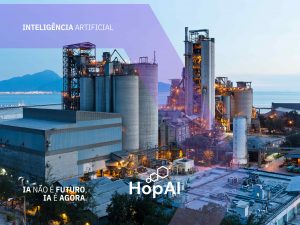Frequently, a controversy related to the result of Google’s query correction suggestion algorithm, the famous “Did you mean it”, regains the spotlight on social networks.
The controversy revolves around the fact that the algorithm suggests a correction of the word “coronation” to “corruption” when accompanied by the term “Lula”, and another correction when associated with the term “Bolsonaro”.


First of all, this text is not intended to feed any conspiracy theory about this being done on purpose by Google and its engineers. In a simplified way, the algorithm suggests corrections based on probability and association of terms, that is, the more times the termsoccur on the internet, the greater the chance of a “Did you mean” correction.
The objective of this text is different: to discuss the quality of the algorithms that are loose in the jungle that we call the Internet. A good part of the general scope products that have some kind of Artificial Intelligence algorithm are created from data collected in the global computer network. It turns out that, in the same way that our reality is impregnated with biases, so is the internet. And why the concern then? If in the physical world the implications of our biases are somewhat limited, in the digital world the harmful potential is multiplied many times over.
At this point you might be wondering: “If algorithms work like that, why then talk about quality?” As I see it, the question we have to ask is: Are the algorithms okay?work like this? In my opinion no, it’s not okay. The transformative potential and impacts of AI solutions will be very great and we will have little time to adapt, a lot of wealth will be produced and we need to do differently than we did in other past revolutions.
It shouldn’t be our goal to create a technology that reproduces and reinforces the many problems we face today. And you can’t “pass cloth”, for algorithm when they make a mistake because “that’s how they work”. To act in this way is to neglect the risks and challenges, with the justification of pure technological development. Social networks are there to make us reflect on the consequences of this negligent behavior, in just over two decades they have transformed the lifestyle around the world and only recently have we started to deal with the countless problems introduced by them.
Waiting 20 years to discuss quality and accountability related to Artificial Intelligence algorithms may be too late for us to obtain results that transform our current society into a better society.




